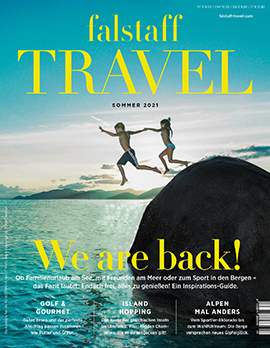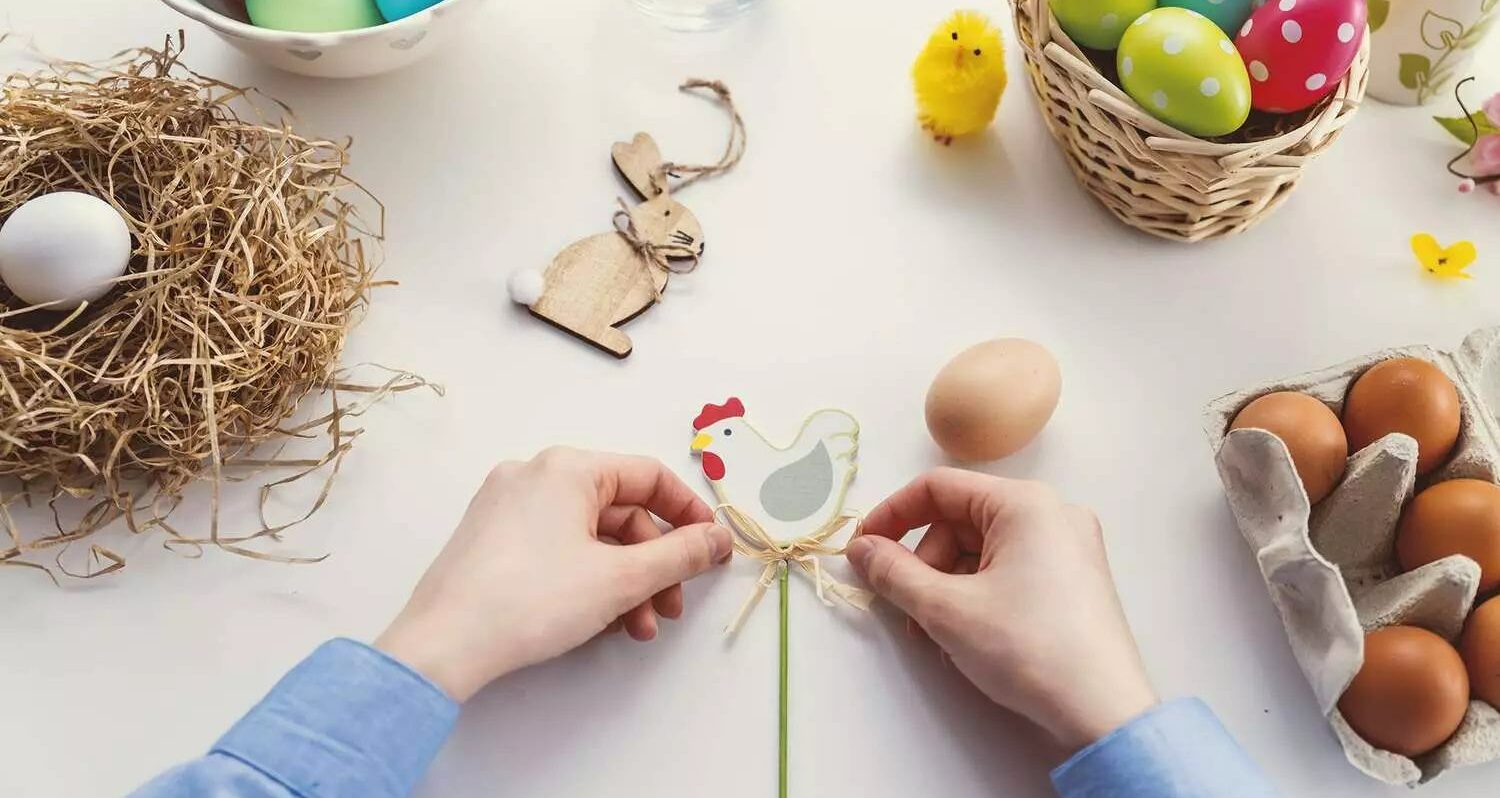
These are the most unusual Easter traditions in the world
From egg toasts to flying daffodils...
April 2, 2021
Easter Easter is every year again a beautiful occasion to spend time with family and friends. Almost everywhere, Easter is accompanied by a wealth of traditions and customs. As is often the case, different countries have different customs. The communication experts from Wilde & Partner have taken a close look and compiled a list of the most unusual Easter traditions.
Austria, Zell am See-Kaprun: Homemade Easter cookies
We in Austria have a delicious tradition for Easter: in Zell am See-KaprunSalzburg, the "Osterfleck" for example. This sweet version of Easter bread is a kind of milk bread or Germbrot, which is traditionally formed by hand. Of course, dyed Easter eggs should not be missing. A tip for a special effect: onion skins provide a dark colouring of the eggs. Herbs, which serve as a stencil between the egg and the onion skin, create particularly beautiful patterns.
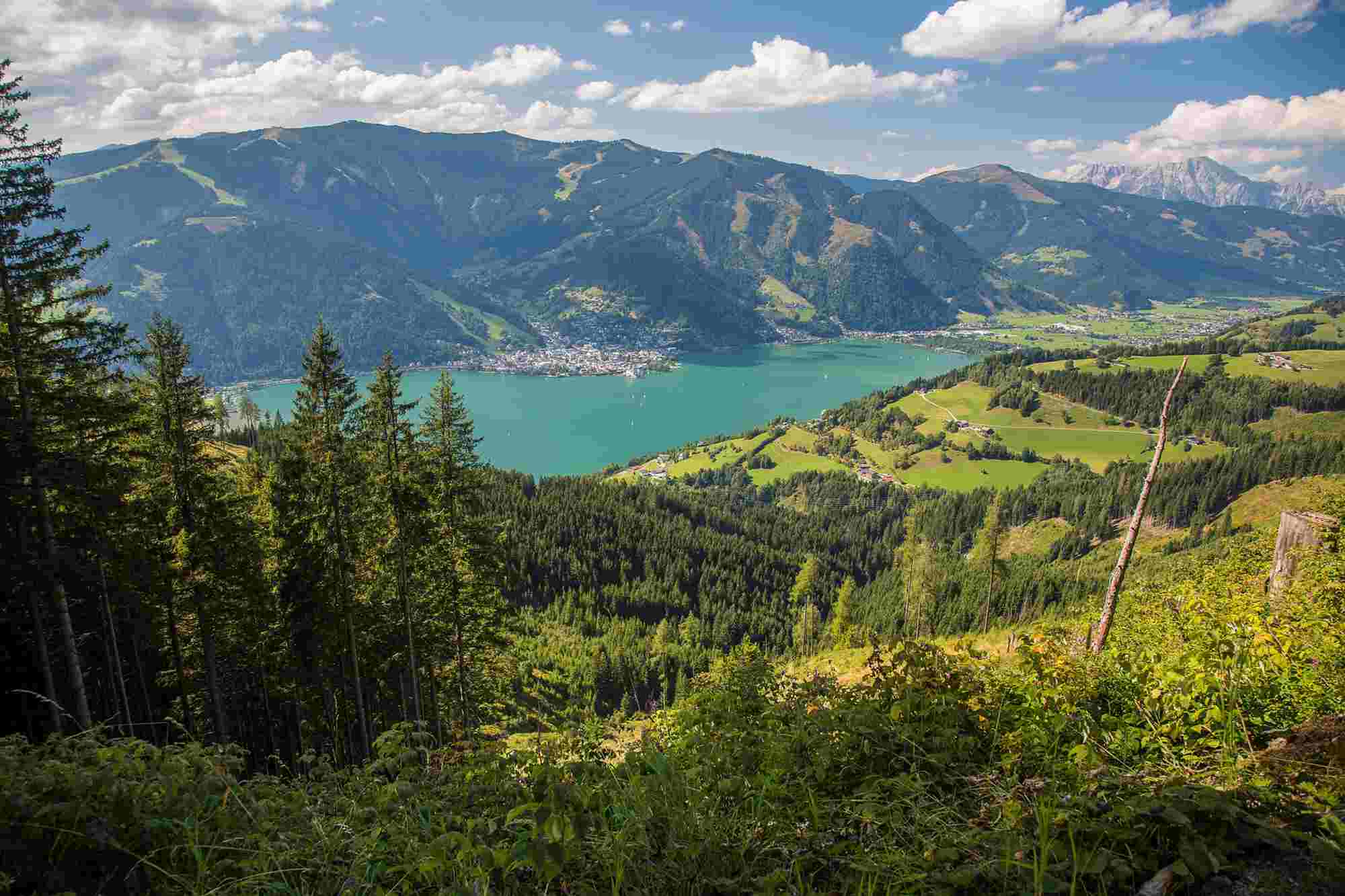
France: Flying daffodils
Those who spend Easter in France will wait in vain for the Easter Bunny. Because here, the flying daffodils take center stage as a symbol of the Christian holiday. "The daffodils have a special meaning," knows local travel expert Christiana von Evaneo's, the online marketplace for individual travel. "The ringing church bells set off on their journey to Rome on Good Friday and, on their return, hand out sweets for the children to find on Easter Sunday."
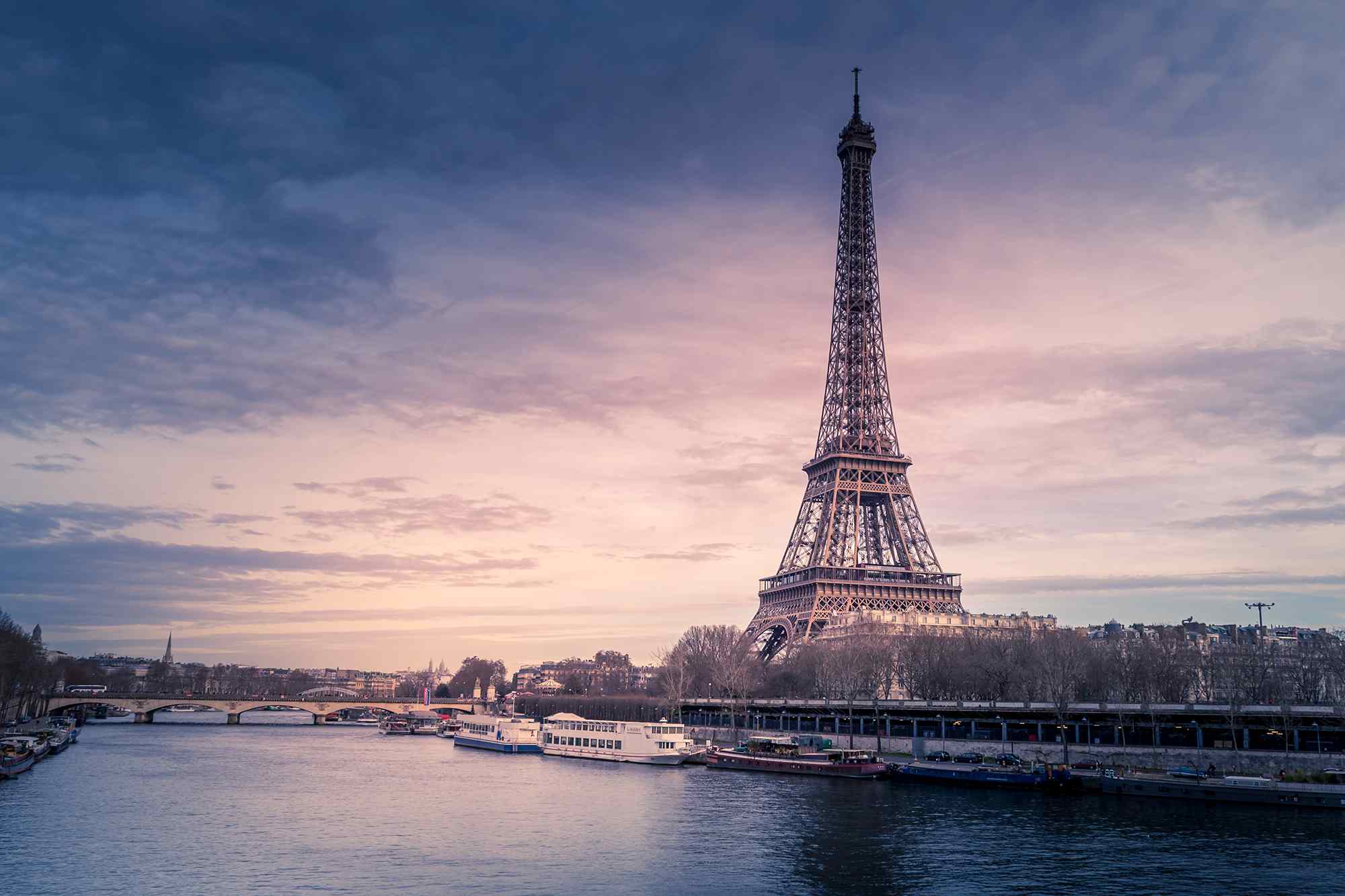
Switzerland, Andermatt: "Zwänzgerle
The "Zwänzgerle" Easter tradition originated in Zurich, but also has its fans in the region around the Swiss mountain village of Andermatt, as Andreas Meier, General Manager of the Radisson Blu Hotel Reussen there, reveals. The spectacle involves throwing 20-centime coins at eggs held out to the children so that the coins get stuck in them. If this succeeds, the thrower receives the egg together with the coin. An almost impossible task, to the delight of the little ones: every coin that falls to the ground is theirs. Everything else in Andermatt around Easter is geared towards families, with goat trekking tours, visiting farms and special packages at the child-friendly Radisson Blu Hotel Reussen.
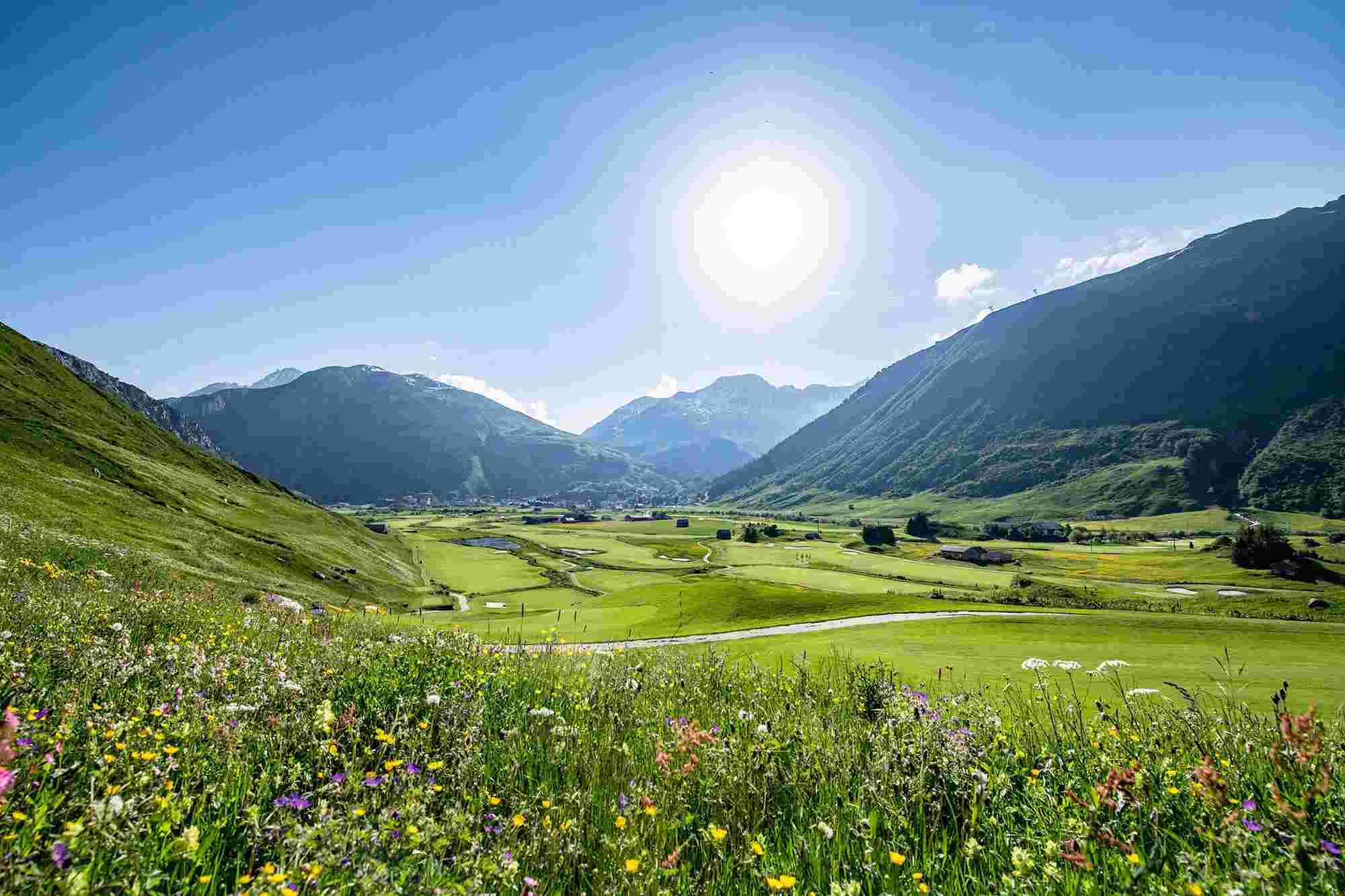
Switzerland, Grisons: Eierrölen
An almost forgotten tradition is known to the Graubünden experts of the largest Alpine railway in Switzerland, the Rhaetian Railway. In the funny custom of the so-called Eiertrölen it depends on the shell: The strongest egg wins. After the Easter service the inhabitants meet on a steep meadow. Here everyone rolls their egg down the slope. If an egg breaks, it is eliminated. In the mountain village of Pontresina on the Bernina Pass, the search for the winning egg still takes place today. The sunny Crast'Ota plateau above the village serves as the egg track.
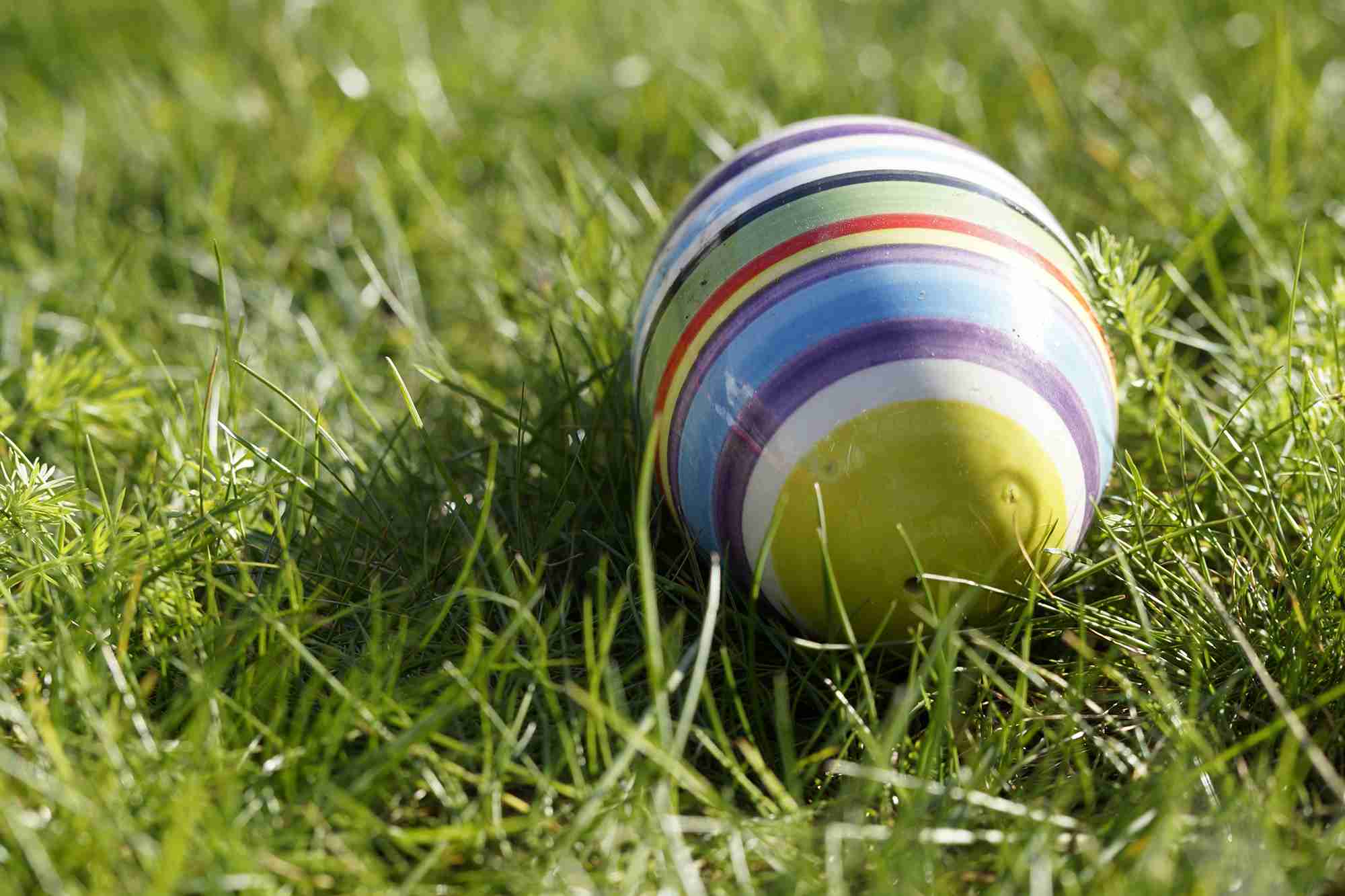
Spain, Mallorca: Magnificent processions
Holy Week in Mallorca is called Semana Santa - literally Holy Week. The name alone shows how important Easter is on the Balearic island. The Mallorca expert fincallorca.com gives an insight into the highlight of Semana Santa: the great blood procession on Maundy Thursday. All the religious brotherhoods of the island come together in Palma de Mallorca for this. Chain rattles, drums and whip lashes create the atmosphere for the impressive procession. Since the 16th century, the brotherhoods have paraded through the old town as hooded penitents with pointed hoods and floor-length robes.
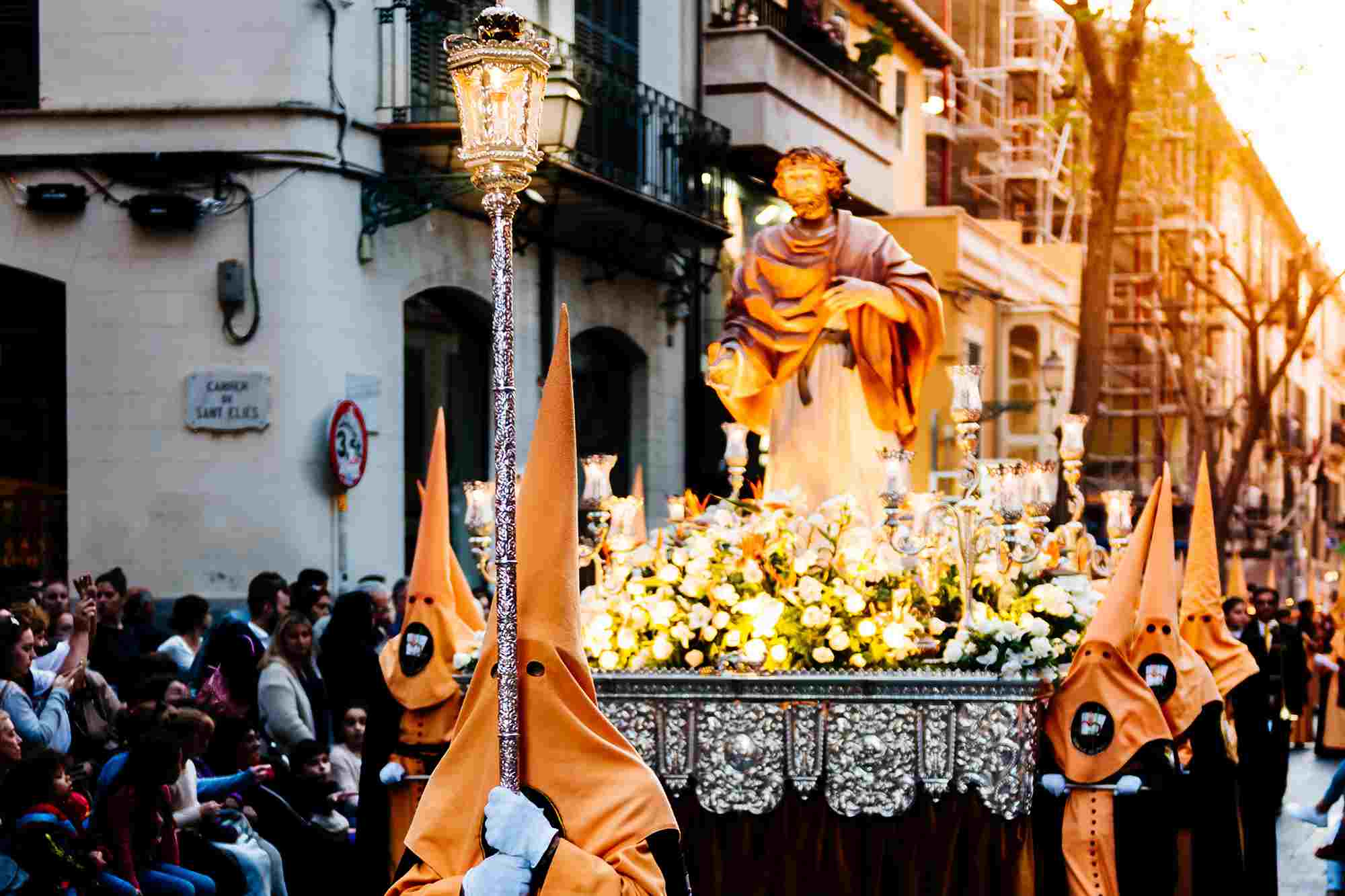
Picture Credits: Maxmann/Pixabay, Unsplash, Valentin Luthiger, Efraimstochter/Pixabay, Alex/Adobe Stock
